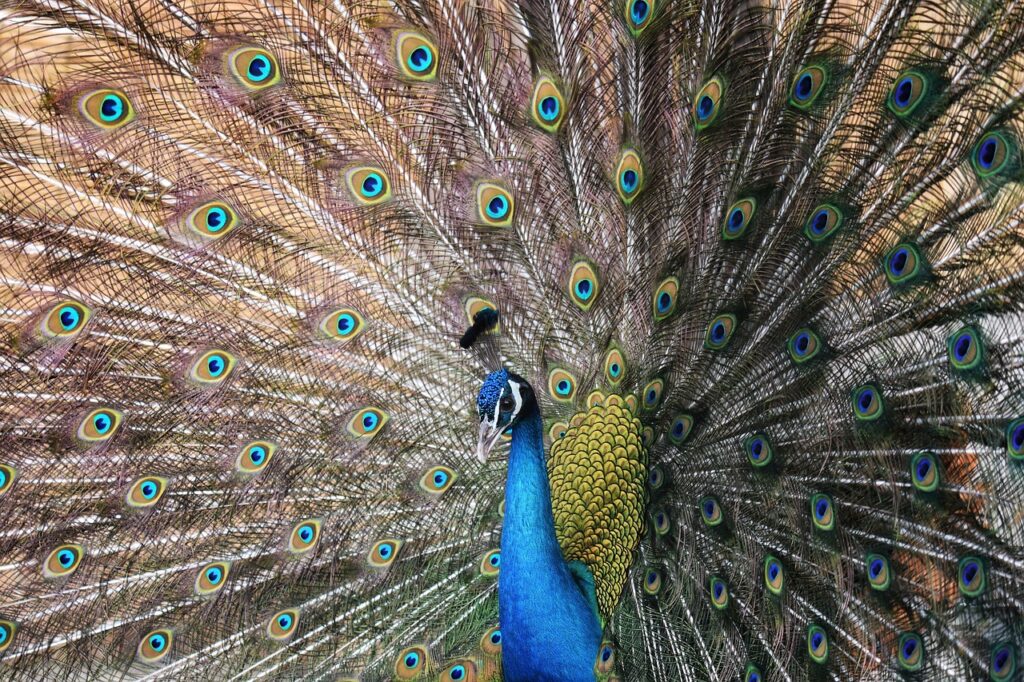What Is harchattarvarti?
At this point, “harchattarvarti” isn’t in your average dictionary, nor is it a widely recognized term in mainstream media or pop culture. And maybe that’s the point. The mystique contributes to its identity. Right now, it functions much like an opensource brand—flexible, quirky, and undefined. Communities are adopting it, shaping its meaning in real time: from coded usernames in gaming circles to underground art projects.
Its unique phonetic structure makes it easy to remember and hard to confuse. There’s no alphabet soup or acronym fatigue. Just one long, rhythmic name.
Online Movements and Naming Fluidity
Digital culture doesn’t need permission to create new lexicons. Words like “yeet,” “sus,” and “based” didn’t climb their way into normal speech through topdown approval. Similarly, “harchattarvarti” represents the power of communal language creation. It’s participatory. It’s evolving through Discord servers, Twitter handles, and oddball Reddit threads.
One factor in its viral potential is its openended use. People apply “harchattarvarti” however they want—it’s selfidentifying, rolespecific, or just something they think sounds cool. The internet loves that freedom. As people dig into personalization, especially in spaces like gaming and social media, unique terms breathe identity into digital interactions.
Why the Unusual Wins
Generic doesn’t stand out. “Harchattarvarti” punches through the noise because it feels fresh and idiosyncratic. Algorithms reward clicks and uniqueness. If your screen name, brand, or concept includes something Google has never seen before, that’s power. It means zero competition in search results and a clear lane to define the term yourself.
It also taps into a core behavior of online culture: reappropriation. What starts off as gibberish or inside joke can quickly become a rally cry or badge of identity. In that light, “harchattarvarti” is a blank slate that’s already sharpening into form. From handpainted zines to TikTok animations, creators are peppering content with the name—and their followers are buying in.
The Power of Esoterica
Many online tribes thrive on semiprivate language. It creates inner circles. Saying you’re into “harchattarvarti” could make perfect sense in some Discord server, even if it goes over everyone else’s heads. That opacity fuels curiosity. Curiosity fuels engagement.
Think about memes. They work because people want in. When a word like “harchattarvarti” spreads through fringe joke formats or custom sticker packs, those seeing it for the first time wonder: What does it mean? Who’s saying it? How do I use it?
That’s how a niche term becomes a broader phenomenon.
Usernames, Brands, and Social Footprints
In crowded platforms like Instagram, Twitch, or GitHub, finding an available username feels like trekking through a desert of taken handles. The uniqueness of “harchattarvarti” is a performance advantage. It’s likely unclaimed, highly brandable, and stands out in a feed. You know someone is probably more serious, or at least intentional, if they’ve chosen a distinctive name that only they control.
Microbrands love this kind of naming hack. There’s a wave of creators rethinking startup language. Why choose something “business casual” when you can go wild and write your own rules? With “harchattarvarti,” creators sidestep overcrowded naming tropes and lean into organic originality.
Opportunities for Artists and Developers
Creators in visual art, music, and code are experimenting with how language acts as both anchor and amplifier. A term like “harchattarvarti” doesn’t come with baggage or customer expectations. That’s freedom.
Coders might use it as a namespace or opensource project name. Musicians might drop it in a song title or beat tag. Visual artists? A digital zine named “harchattarvarti” could be on Etsy next week. The beauty lies in how undefined it still is. Creative independence at its purest.
These pockets of expression help cement the word’s identity as something raw—but ripe for meaning.
Fusion With Memetics
Terms catch fire when they intersect with meme culture. “Harchattarvarti” exists in the kind of limbo that memes thrive in. It’s undefined enough to be funny, semiserious, or ironic depending on the delivery.
If users start remixing it into memes—layered images, remixed TikToks, AIgenerated art—it could snowball. That’s memetic stickiness. The snowball just needs a push from the right corner of the internet.
The Future of harchattarvarti
So where does it go from here? That depends on usage. If the current trajectory holds, “harchattarvarti” could become a digital signifier for individuality—or simply a running gag that lingers long enough to morph into legacy internet slang.
The phrase has shown up in small music collaborations, as a custom emoji set in Slack communities, and even as a header in a niche cyberpunk blog. That’s all early innings. Watch it pick up steam as people push for identity, creativity, and novelty.
Final Thoughts
The internet lets anyone, anywhere, build culture—even from scratch. Whether it’s art, code, conversation, or complete chaos, language is the scaffolding. Oddball terms like “harchattarvarti” prove that you don’t need traditional logic to make a word meaningful. You just need use, community, and a spark of mystery.
Don’t be surprised if this term becomes more than a trend. It could become a calling card for whole digital subscenes carving out new norms. One odd name at a time.


 Founder
Nicoleine is the visionary behind Food Meal Trail, dedicated to inspiring healthier eating habits. With a passion for culinary arts and nutrition, she combines her expertise to provide readers with innovative meal ideas and cooking techniques. Nicoleine believes that food should be both nourishing and enjoyable, and she is committed to sharing her love for wholesome cuisine with the world.
Founder
Nicoleine is the visionary behind Food Meal Trail, dedicated to inspiring healthier eating habits. With a passion for culinary arts and nutrition, she combines her expertise to provide readers with innovative meal ideas and cooking techniques. Nicoleine believes that food should be both nourishing and enjoyable, and she is committed to sharing her love for wholesome cuisine with the world.
